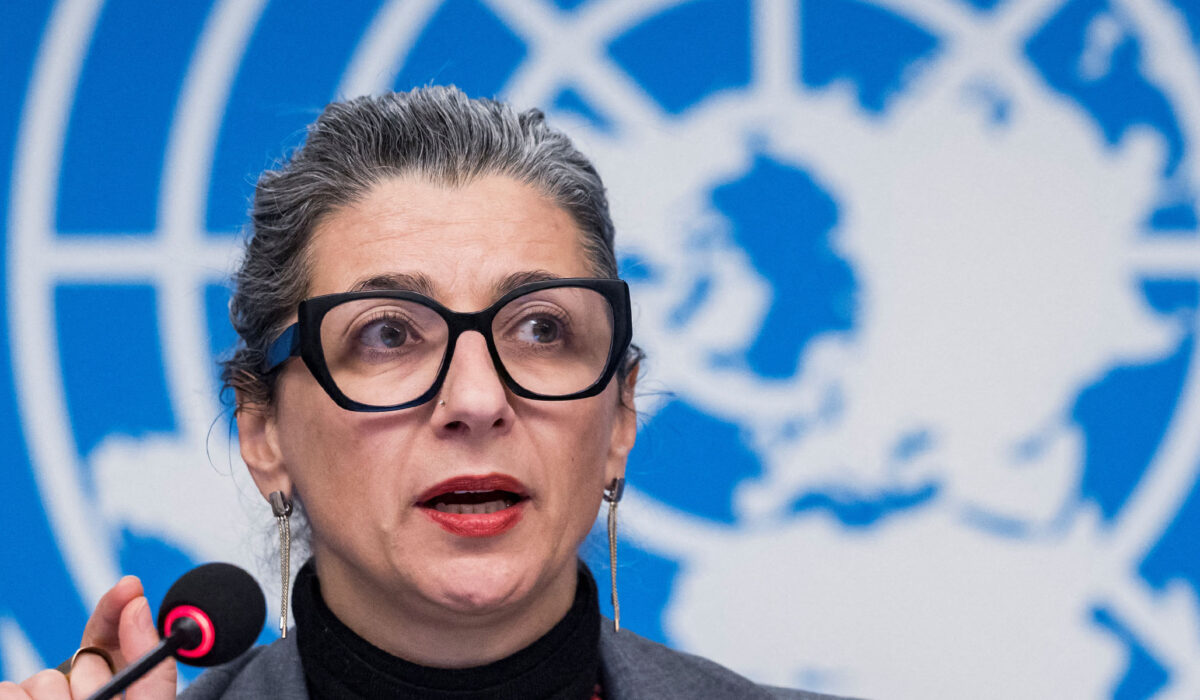Close the UN Committee on Palestinian “Inalienable Rights”
Five decades after its creation, it’s long past time for the Committee on the Exercise of the Inalienable Rights of the Palestinian People to be shut down.
The committee was supposed to promote a fair path to peace, but its record shows persistent bias and redundancy. From a Republican perspective this kind of institution weakens honest diplomacy and rewards bad actors who exploit international forums.
Inside the United Nations, committees that single out one country or one conflict for moral lectures rarely produce results. Instead they harden narratives, embolden violent groups, and create endless bureaucratic theater that looks like progress but isn’t.
That matters because U.S. credibility is at stake. American taxpayers should not underwrite an apparatus that treats negotiations as a public relations platform for grievance politics rather than a forum for durable security and compromise.
Beyond wasted money, there’s a moral problem. When institutions appear to normalize one-sided condemnations, they feed global hostility toward allies and distort justice into an instrument for politics.
Republicans who value law, order, and clear national interest see these outcomes as harmful. A committee that selectively frames history while ignoring terror and governance failures on the ground cannot claim to advance peace.
Practical alternatives exist that respect Palestinian aspirations without endorsing biased structures. Diplomatic efforts tied to governance reforms, economic development, and counterterrorism cooperation produce tangible improvements where rhetoric does not.
Think in terms of incentives and outcomes. Rewarding leadership that builds institutions and rejects violence leads to stronger prospects for coexistence than issuing annual resolutions that inflame rather than solve.
International diplomacy should be about negotiating shared rules, verifying commitments, and enforcing consequences for violations. Bodies that substitute pageantry for verification distract from those essentials and make honest mediators harder to find.
There is also a strategic angle. America should use its influence to reshape multilateral engagement so that it advances our security and our values, not a perpetual cycle of one-sided condemnations that undermine allies and empower extremists.
Closing or reforming a committee that has outlived its usefulness is not about denial of rights, it’s about demanding a framework that actually protects them. A responsible approach insists on parity: rights paired with responsibilities and rights guaranteed through institutions that enforce both.
Practical reform would focus on measurable benchmarks: anti-corruption, rule of law, protection of minorities, and anti-violence commitments. Those are the things that create conditions for lasting rights and for a sustainable two-state outcome, not endless resolutions that accomplish little.
For those who care about real results, the choice is clear. Preserve the ideal of self-determination while abandoning the rituals that make it harder to achieve on the ground.

